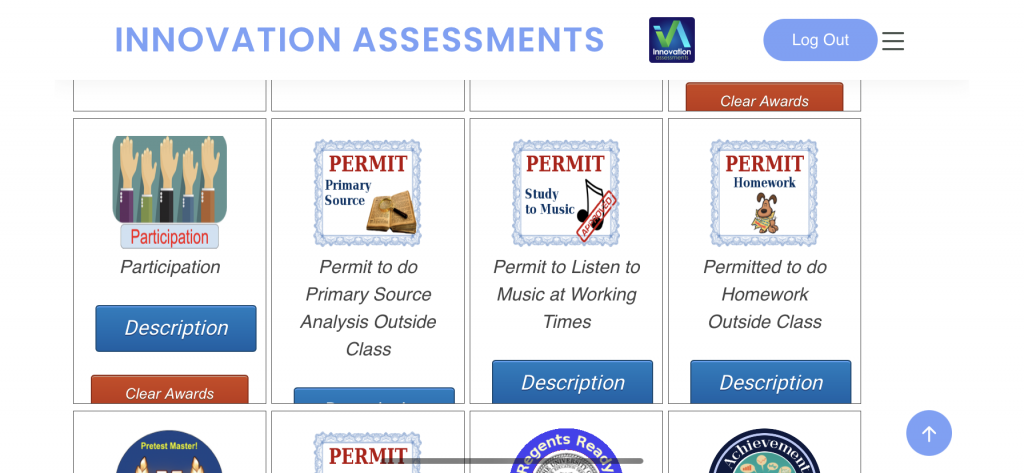In the minutes of my school’s Board of Education from a meeting in the early 1980s, I remember seeing a discussion about the dangerous effects on students of listening to loud “rock music” in headphones. If only they knew how technology would advance! In my last year before retirement, technological advances had become such that many of my students walked around all day with a tiny device like a hearing aid in one ear. Long hair could hide them in classrooms where they were banned. Many young people spend the day serenaded by their favorite playlists and having their texts read to them. Like many of you, I wonder if this is good.
In 2015, cell phones were starting to become ubiquitous in my small, rural school. Students wanted to plug in and listen to music while they worked. I indulged this at first to see what would happen and I ended up banning the practice. But some of my high performing students were convincing in their pleas to listen to their tunes. I was curious enough to read up on the research.
Naturally, the answer is not simple. Sometimes it helps, sometimes it doesn’t. There are so many variables to consider that are missed if one only phrases the question “will listening to music help studying?”.
I settled on this policy for my classroom: I would grant a student a “license” to listen to music during working times in class provided that (1) they read and summarized adequately my own research paper on listening to music while doing school work and (2) that they maintained a class average of at least 85.
I wrote that paper on listening to music while studying while listening to music. I admit it. While I am working, I like to listen to music. If I am doing labor like painting a room or stacking wood, I like the 90s pop/rock playlists on Pandora. When I am doing academic work, I sometimes play something classical. Any of my former students reading this will no doubt roll their eyes because I probably did not allow their tunes during the lesson.
Typically, the weaker student with attention-focusing problems suffers from music during academic work. They engage with the lyrics of the song and the beat of the music in a way that adds cognitive load to their school assignment and impedes working memory. More than once I saw a kid air jamming guitar while summarizing a text on some world revolution. They interrupt their work to skip a song they don’t like, to choose a different playlist, or to search for the song they just realized would be great to hear right now. *Insert eye-roll here*
But some other students do seem to perform better on tasks and to focus better with the music on. In fact, so do I.

We know now from mountains of research that human beings cannot truly multi-task. I would suggest that, in situations where music is not helpful for study, it is better sometimes a separate task that takes a student’s attention away from the one they probably don’t want to do anyway. In the paper, I suggested that it was a question of cognitive load.
For the student who benefits from this, the music becomes a part of the task just like a fiddler’s bowing is part of the overall task of fiddling with the left hand fingers on strings.
A problem I was never able to resolve was this: I wanted to create some test to see who would benefit from music and who would not. I actually had very few students ever apply for the license to listen to music in class. They were intimidated by reading that paper, I suppose.
In the end, I guess the question was not resolved satisfactorily. I still banned music. Some kids still sneaked it in. It didn’t matter much. Hopefully, one day someone clever will develop a test to see who benefits and does not.